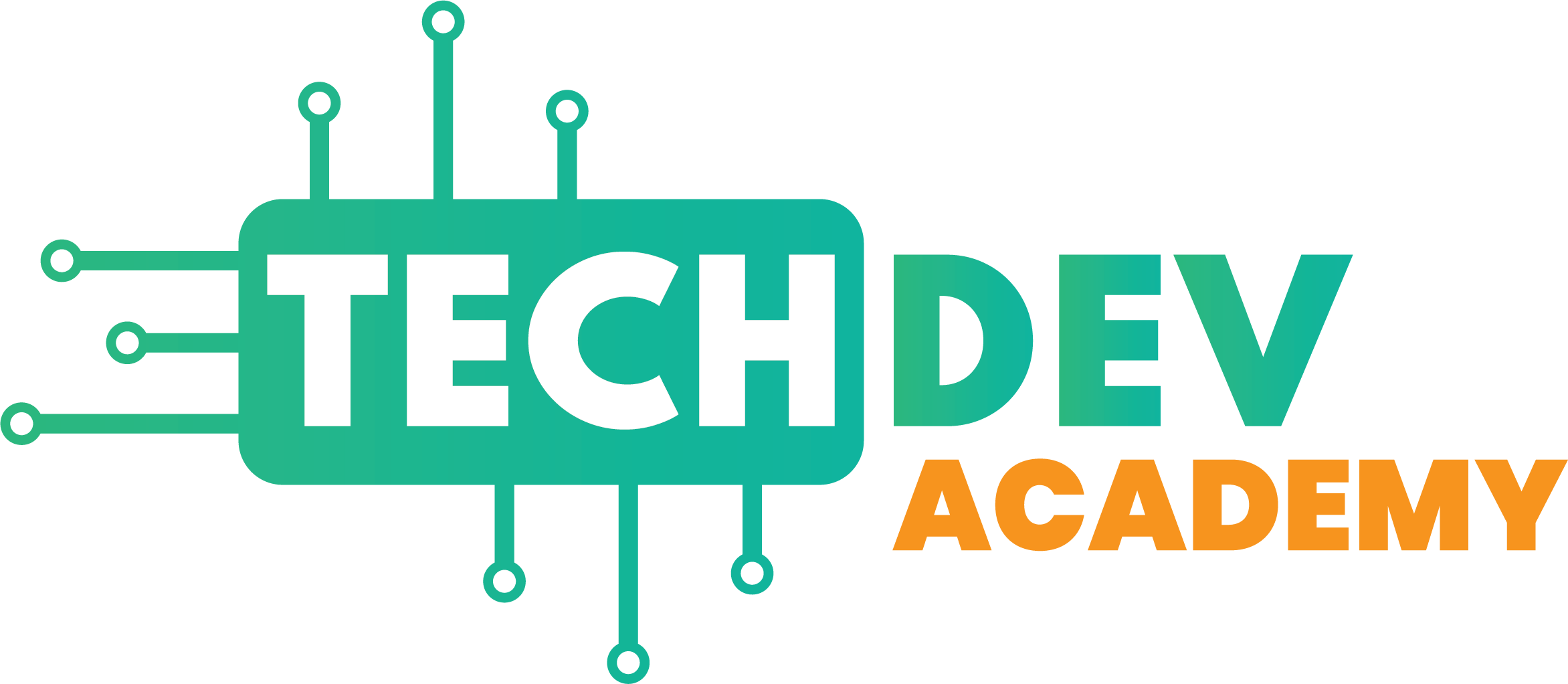Beginning college is one of the most thrilling (if also daunting) transitions in a young adult’s life. While you set foot on campus for your first day in a school, you are not only ready to start your academic journey you are also ready to start a transformational experience that will define your future in several ways. From coping in high school to endless food ideas, this is an exhaustive guide to help college freshmen take on this new stage of life.
Academic Success Strategies
Understanding Your Learning Style
Coursework at the college level is not like what a student may have experienced in high school. However, realising your individual learning style as early as possible can make a huge difference to your academic outcomes.
“I could not figure it out in my first semester until it dawned on me that I am a visual learner,” says Maria Chen, who graduated this year from Boston University. “My grades improved dramatically when I began making concept maps and diagrams instead of passively reading textbooks.”
Decide where you learn best by:
- Quizzes and assessments (filled with interactivity)
- Audio resources (lectures, discussions, recordings)
- Active methods (hands-on activities, practical applications)
- Read/write (traditional note-taking, textbook study)
Effective Time Management
With great new freedom comes great new responsibility. Having a busy schedule prevents procrastinating which is the biggest struggle of a freshman.
According to research done by the American Psychological Association, students who applied time management strategies experience lower stress levels and higher GPAs. Try these approaches:
- Track assignment deadlines and exam dates with a digital or physical planner
- Schedule blocks for each course, ideally at the same times each week
- Account for buffer time for unexpected challenges or assignments
- Time block self-care activities as a buffer against burnout
Building Relationships with Professors
Your professors aren’t just there to help you understand the course material; they can also be your best resource for future recommendations, research opportunities and career advice.
“Most students don’t understand how much professors want to help,” says Dr. James Wilson, an associate professor of chemistry at Northwestern University. Go to office hours, ask meaningful questions and demonstrate that you care about the subject matter.” These connections can lead down roads you never even imagined.”
Navigating Campus Resources
Academic Support Services
Almost every university has resources in terms of academic support, and many first-year students take little advantage of them. Here are some resources to help get you through that can make the difference between a struggle and even a thrive:
- Writing centers give feedback on papers and develop writing skills
- Tutoring services provide peer or professional help in difficult subjects
- Academic advisers help choose courses and degree paths
- Effective learning strategies are taught through study skill workshops
Students who make use of campus academic resources regularly are 27% more likely to graduate in four years, according to the National Center for Education Statistics.
Mental Health and Wellness Resources
College can be overwhelming. To stay balanced, it is critical to know what mental health resources are available.
Most campuses offer:
- Craigslist has a free or cheap services rubric
- Programmes on wellness with stress management
- Crisis intervention support
- Peer support groups
“For me, I wish I had known about the counseling center before,” says Jordan Taylor, a senior at UCLA. “With talking to a counselor that helps students in that environment, my freshman year anxiety became much more manageable.”
Financial Aid and Money Management
Roughly 70% of college students face financial strain. A proactive approach to financial literacy can alleviate this pressure:
- Go to your office of financial aid and really understand your aid package
- Each semester, explore research scholarship opportunities
- Consider work-study jobs in your fields of interest
- Make a realistic budget that includes all expenses
- Take note of needs and wants
Social Integration and Personal Growth
Finding Your Community
In college, you meet more people who truly share your interests, values, and goals than ever before.
“The friendships you form freshman year are often lifelong,” says Dr. Sarah Martinez, Professor of Sociology at University of Michigan. “They give emotional support, academic collaboration, and make for great networking post graduation.”
Consider joining:
- Field-specific student associations
- Sports, hobby, or interest-based recreational clubs
- Cultural or identity-based organizations
- Volunteer groups that are aligned with your values
Studies indicate that students who engage in extracurricular activities report greater satisfaction with their college experience and display enhanced leadership abilities in their careers.
Balancing Independence and Responsibility
For a lot of freshmen, college is their first time living on their own. But this new freedom needs to be navigated carefully.
“That independence is freeing but hard,” says resident advisor Miguel Sanchez. “The students who succeed are the ones who learn to own [their] freedom with responsibility.”
Key areas to manage include:
- Sticking to a consistent sleep routine
- Making healthy choices about food
- Setting personal limits
- Implementing safe decision making surrounding alcohol and substances
- Organizing and cleaning living spaces
Developing Cultural Competence
College campuses gather people from different backgrounds, which can be a great way to broaden your perspective.
“Accepting diversity is more than tolerating diversity; it’s becoming involved in diverse ideas,” Dr. Lisa Johnson, Director of Diversity and Inclusion at Georgetown, explores. “Such interactions also enhance critical thinking skills and prepare students to be global citizens.”
Consider:
- Going to cultural events on campus
- Taking classes that introduce you to different perspectives
- Participating in study abroad programs when available
- Interacting respectfully with classmates of diverse backgrounds
🎓 Top 5 Academic Tips for College Freshmen
- Plan your weekly study schedule in advance.
- Use time management tools or apps.
- Visit professors during office hours.
- Develop smart note-taking strategies.
- Take advantage of campus resources.
🌱 Psychological & Social Adaptation Tips
- Join clubs and social events to meet new people.
- Don’t hesitate to make new friends.
- Maintain balanced communication with family.
- Use campus counseling when needed.
- Make time for yourself to relax and recharge.
Technology and Digital Literacy
Leveraging Educational Technology
Technology is woven into the college experience today. Getting an early handle on digital tools will smooth your path through school.
Some of the essential skills for digital literacy are:
- Learning management systems (Canvas, Blackboard, Moodle)
- Databases: Using library databases for research
- A Guide to Citation Management Software
- Using productivity tools for collaboration
- Practicing digital security to safeguard sensitive data
Students who quickly get up to speed on the educational technology often discover they have more time to focus on learning the real curriculum, adds the technology specialist Alex Rivera.
Managing Digital Distractions
While the benefits of technology are huge, it also poses new challenges of distraction and reduced productivity.
As you probably know, students who toggle onto social media during study sessions take about 25 percent longer to complete their assignments and retain less material, according to research from the Journal of Educational Psychology.
Effective strategies include:
- Concentrating by means of focus apps that block distracting websites for a limited period
- Scheduling work sprints into your day (i.e., work sprints where you do nothing but work for 25 minutes, and then take a short break)
- Setting up specific times to study without technology
- Establishing clear limits on social media use
Long-term Planning and Career Development
Exploring Academic Interests
Some students enter college with specific career aspirations, but many do exploratory work before settling on a major.
“About 80% of the students change their majors at least once,” says career counselor Emma Brooks. “Take advantage of your freshman year to get exposure to different fields and take elective classes and intro classes.
A good exploration includes:
- Job shadowing or attending department open houses
- Conversing with junior and senior students across different majors
- Evaluating how certain fields align with your values and strengths
- Exploring career paths associated with potential majors
Building Your Professional Foundation
Why not start working on professional skills and experiences?
“There’s definitely a lot of flexibility, but you want to show evidence of initiative and growth over any four years,” says David Chen, a recruitment specialist. “Freshmen who begin building their résumé early are more competitive applicants by graduation.”
Consider:
- Building a business-focused social media presence
- Participating in career fairs to learn about employer requirements
- Looking for volunteer opportunities in the fields you like
- Campus leadership roles equipping vital transferable skills
Conclusion
Your first year is the building blocks of your college experience. By following these tips for succeeding academically, taking advantage of campus resources, forging meaningful relationships, embracing personal growth, learning how to navigate technology, and exploring potential careers, you’ll set yourself up for a great college experience and more.
Keep in mind that this transition comes with challenges and setbacks. What matters above all is that you stay strong and ask for help when it feels necessary. College presents unique opportunities for growth intellectually, socially and emotionally. Be curious, open, and intentional during this time and you will not only survive your freshman year, but thrive throughout your college experience.



